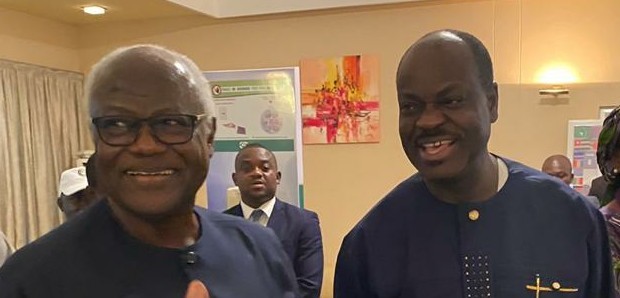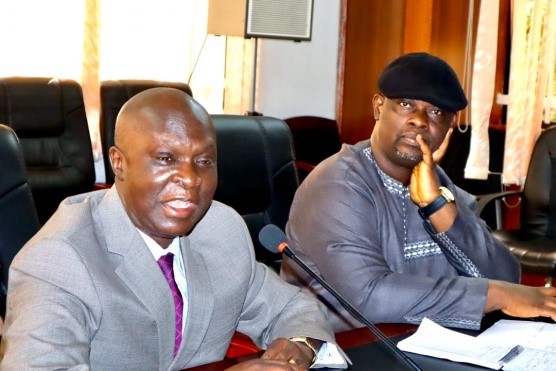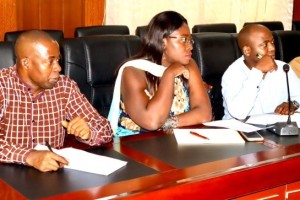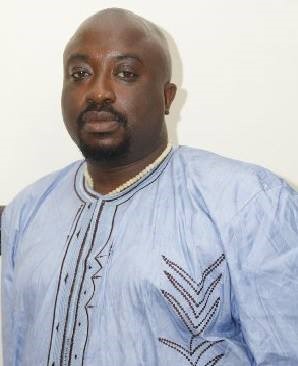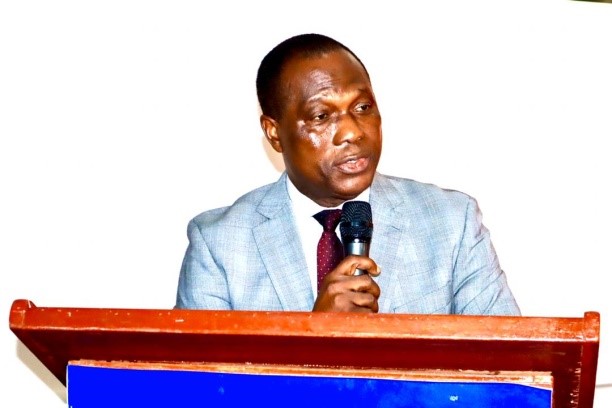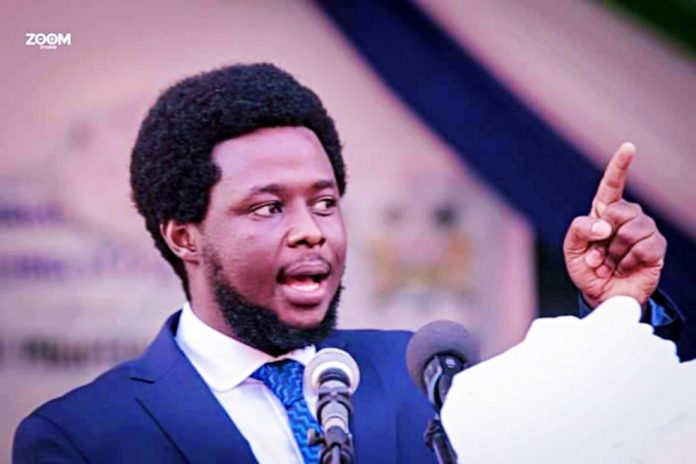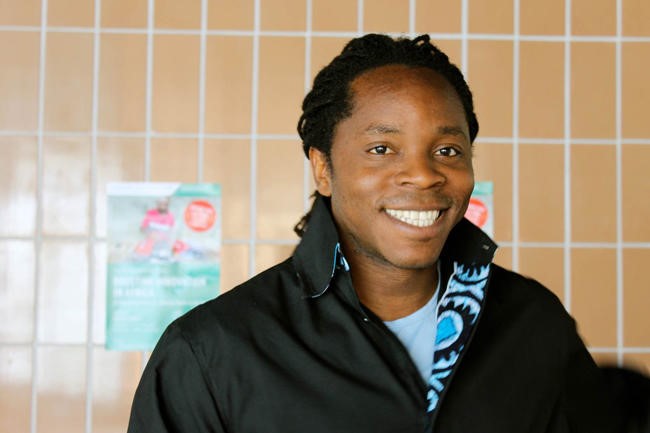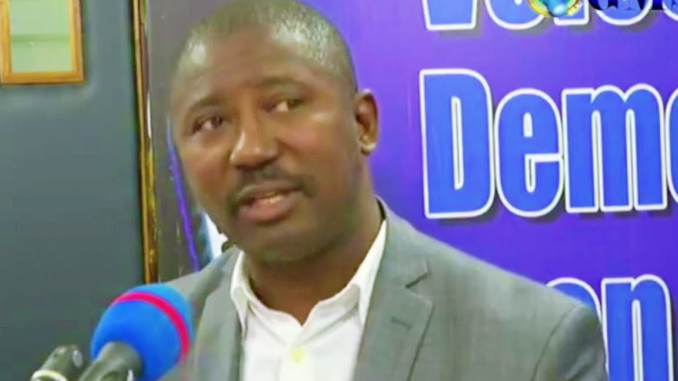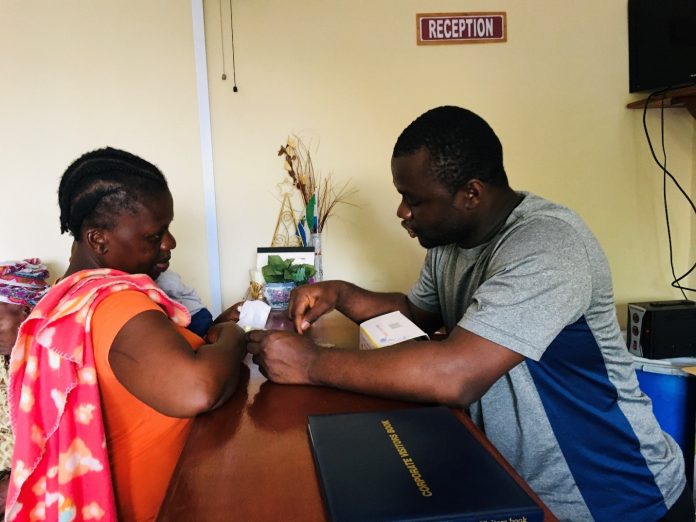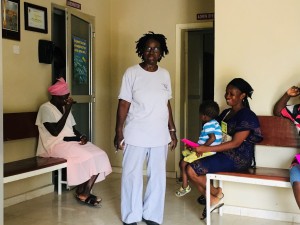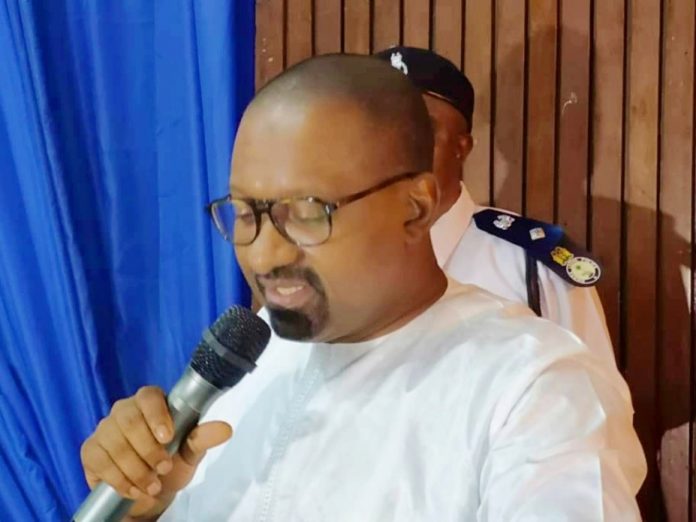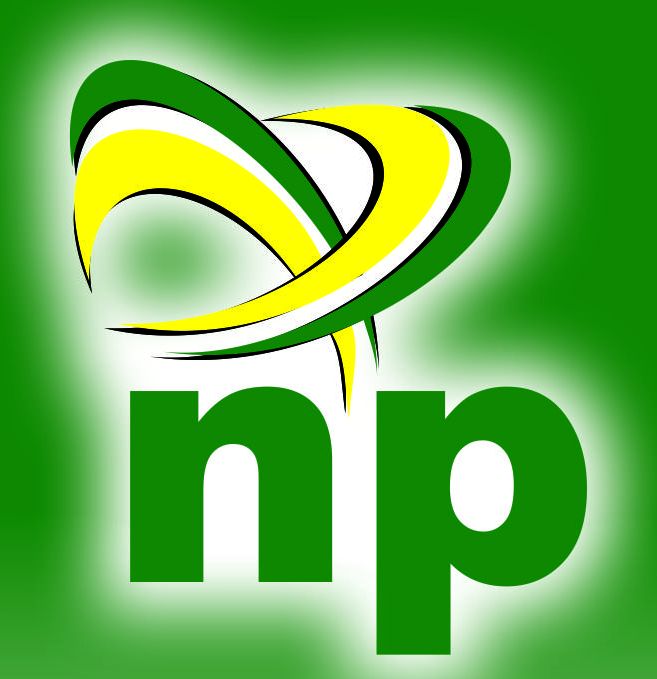By Amin Kef Sesay
Looking at the amazing development trajectory of Hong Kong, Singapore, South Korea in the last fifty years and Rwanda and Botswana in the last twenty years, it can be clearly seen that individual and national development are intrinsically linked with the state of mind of those countries’ leaders and intellectuals.
In Sierra Leone, the state of education clearly reflects the abysmal level of deterioration that the country’s intellectual, ethical and moral barometer had sunk to in the years since the 1970s when Sierra Leone’s development went into rapid deceleration.
Speaking to faculty, students and guests at the University of Makeni last weekend, the Anti-Corruption Commission Boss, Joseph Ben Kaifala, clearly dissected the malaise in the echelons of higher education in the country that feeds the cancer in our society called corruption.
Just so that the entire nation keeps in the front of our minds what the ACC boss said about the rot in the university psyche that feeds the monster that decade after decade holds back the country’s development potential with rich food, these are the highlights of his surgery about the malaise in higher education:
According to the ACC Boss, for a country that was once referred to as the Athens of West Africa…it is now very clear to all citizens that the values and hallmarks of integrity, discipline and excellence that characterized our educational system have been consistently eroded over the years. In fact, it had deteriorated to the brink of collapse.
He outlines that the truth is that Sierra Leone has one of the highest illiteracy rates in the world.
The literacy rate of the country, according to UNESCO, remains stagnant at 48.1% of the total population in the global index, with 58.7% for men and 37.7% for women (aged 15 and over). No country will prosper with this kind of unfavourable statistics.
The most recent United Nations Human Development index places the country among the bottom 10 worse off countries. Regrettably, we are at what seems to be a “point of no return”, as the standard of education and output continues to take a nosedive.
- The institutions of higher learning, as their lower counterparts, remain decayed and dilapidated;
- there is the lack of adequate and proper facilities that would be useful to students in their chosen disciplines;
- the available faculties and disciplines remain few and mostly unprogressive;
- most teachers or lecturers do not necessarily teach students well enough;
- and they examine them with the objective that the bulk of them fails;
- there is little incentive to attract qualified teachers to help raise the standards of the faculties;
- the syllabuses do not reflect the educational and job demands of the 21st Century;
- the level of political interference in admission of students and the recruitment of staff is scandalous; the administrations of the respective schools and Universities seem to have lost control of properly managing and disciplining their staff and students;
- and above all, majority of students are awarded lower class degrees that inhibit their ability to be awarded serious Scholarships or gain admission into World-Class Universities. The result is that education is dying, and we have lost “Athens”!
Mr. Kaifala notes that societies governed by corrupt systems and unethical norms provide a breeding ground for economic crisis resulting in introduction of austerity measures that amplify unemployment, poverty and inequality, which in turn – directly or indirectly lead to increased morbidity, mortality and human suffering hitting hard against those unconnected with the causes.
Society – including higher education, the ACC boss observes – has produced individuals incapable of solving the problems of social traps.
As such, he states that instead of continuing with an educational system that produces individuals geared towards narrow self-interests, higher education should adopt a more holistic approach, with an emphasis on ethics and anti-corruption in an attempt to promote social capital and subsequently health and development.
Trust between the governed and the governors, he said, should be viewed as a social capital springing from the understanding that it is closely connected with economic efficiency and growth.
Critically, he notes that, as a collective attribute, social capital can loosely be defined as networks and norms that facilitate cooperation and collective action. Our Universities, he maintains, are the hub for that to be cultivated in the entire society.

